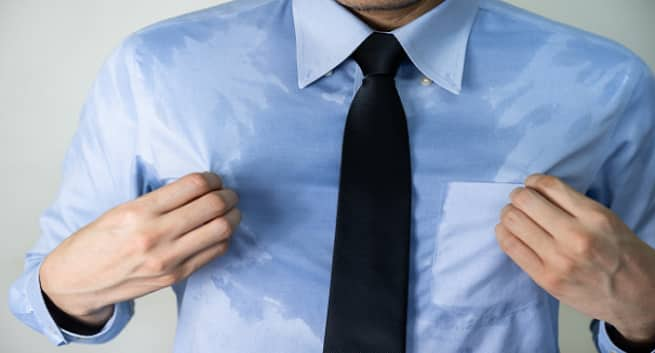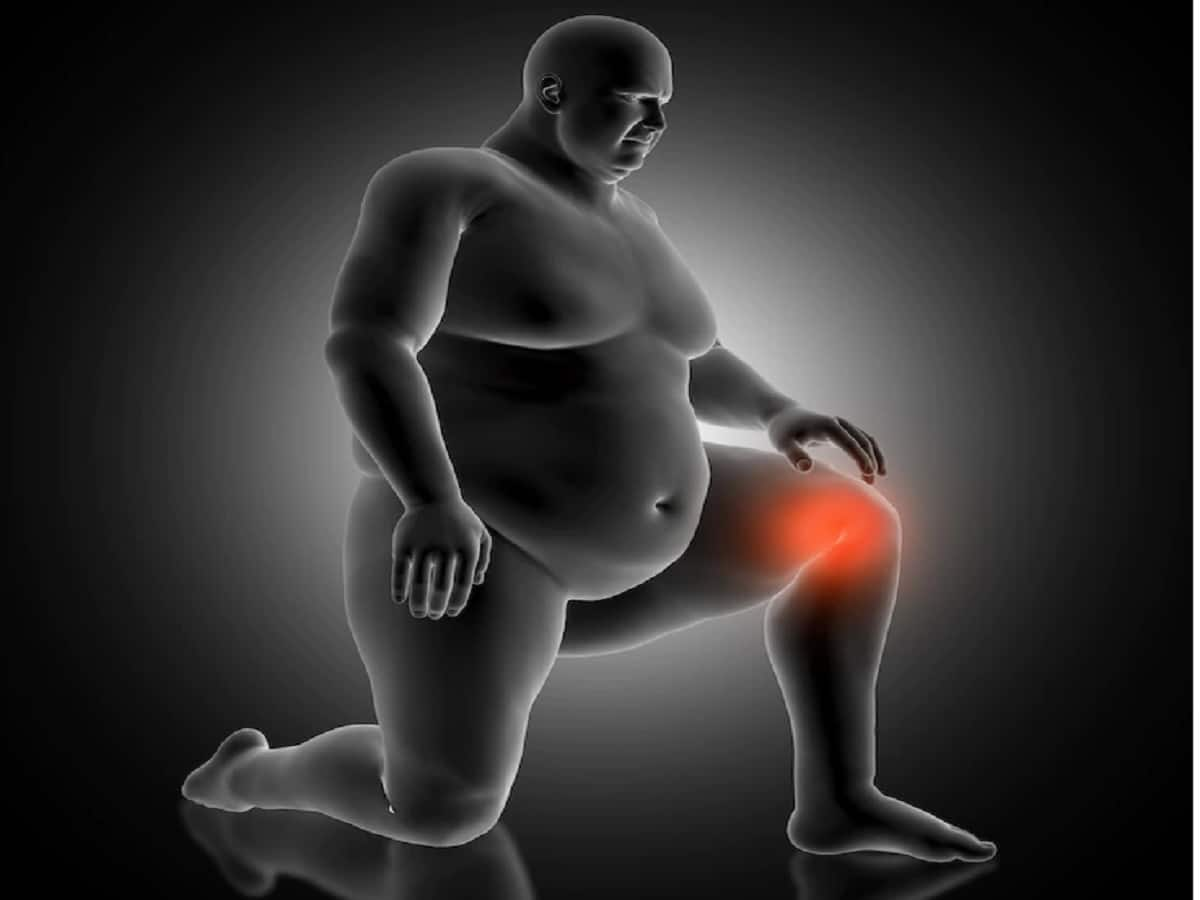
You may sweat more when it’s hot or you’re working out at the gym, that’s normal. Sweating in such situation is a normal reaction and helps regulate your body temperature. When your body’s working harder, your sweat glands releases a salt-based fluid in response to cool itself down. But if you sweat excessively for no reason, even when the temperature is mild, and you don’t have a fever and you’re working out, then it’s not normal. Sometimes excessive sweating or hyperhidrosis could indicate a serious medical condition like thyroid problems, diabetes or infection. People who are overweight and who have anxiety disorders may also sweat more than other people. But anxious sweating is different from hyperhidrosis. Should you see a doctor if you feel you sweat more than other people and beyond your body’s need to sweat? Excessive sweating is harmless in most cases, but if you have secondary general hyperhidrosis, it is advisable to see a doctor.
Excessive sweating is categorised into two basic types: Primary Focal Hyperhidrosis and Secondary general hyperhidrosis. Primary focal hyperhidrosis (localized sweating) is the most common cause of excessive sweating, affecting about 1% to 3% of the population. This form of hyperhidrosis usually starts in childhood or adolescence. It is a medical condition that makes people sweat excessively but it’s not a sign of disease and those who have it are otherwise healthy. However, excessive sweating can interfere with a person’s social and work life and his quality of life.
As the name suggests, focal or localized hyperhidrosis only affects specific parts of the body, such as the underarms, groin, head, face, hands, or feet. Although the exact cause of the condition is still not clear, experts believe it may result from a minor malfunction in the nervous system. Some studies suggest that it could run in families. Also Read – Sweating too much? Diabetes and other underlying health problems your body is trying to tell you
Causes of secondary general hyperhidrosis
Generalized sweating or secondary general hyperhidrosis is the less common form of hyperhidrosis but a more serious condition. If you have this type of hyperhidrosis, you will experience sweating all over the body — not just on your head, face, underarms, groin, hands, or feet. Because it’s being triggered by something else, an underlying health condition, it’s called secondary hyperhidrosis. Do you sweat profusely all over the body at night? This is a tell-tale sign of secondary hyperhidrosis.
A number of different medical conditions and diseases can trigger secondary general hyperhidrosis. It could be due to menopause, pregnancy, thyroid problems, diabetes, alcoholism, tuberculosis, Parkinson’s disease, rheumatoid arthritis, stroke, heart failure, and even cancers. Taking certain medications (some psychiatric drugs, blood pressure medications and antibiotics) can also cause general excessive sweating.
When should you see a doctor?
See a doctor if you develop excessive sweating, along with other symptoms, like fatigue, insomnia, increased thirst, increased urination, or cough. Late onset of excessive sweating, in middle-aged or older people, also needs medical attention. If excessive sweating developed after a new medication, consult your doctor. He may prescribe you a different drug. Whether accompanied by other symptoms or not, consult a doctor if excessive sweating is interfering with your life.
To treat the secondary hyperhidrosis, it is important identify and treat the condition causing it. If an overactive thyroid is making you sweat profusely, it can be resolved the thyroid is treated with medication or surgery. To address excessive sweating caused by diabetes, you need to bring your glucose levels are under control.
This post first appeared on The Health Site









